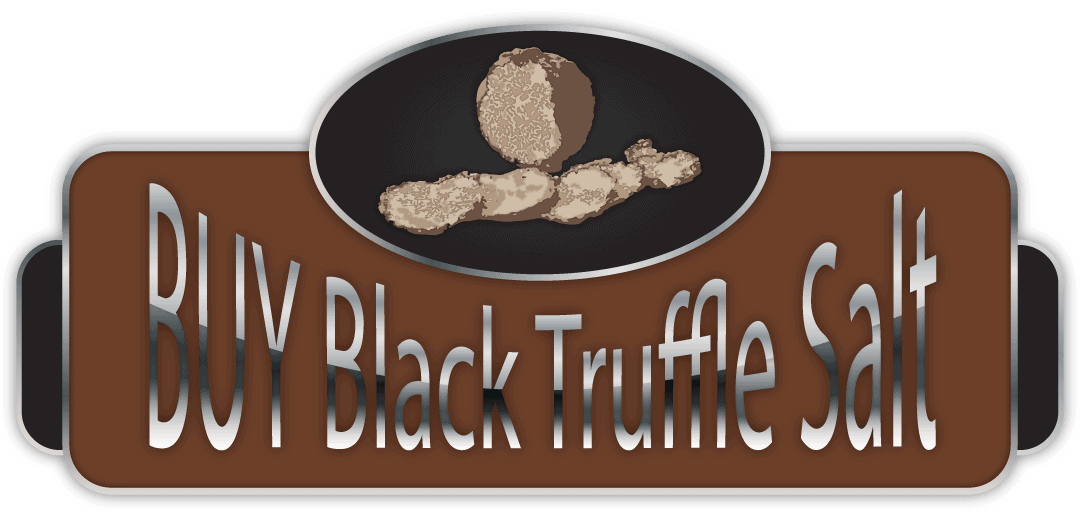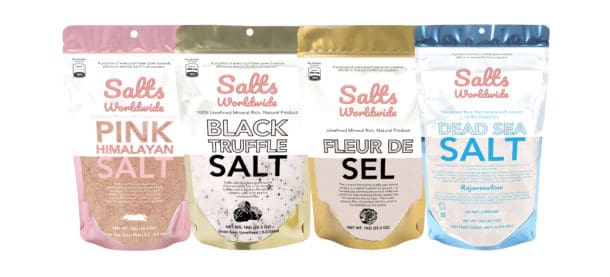Kosher salt is salt made by following Jewish dietary laws. The salt itself is the result of mashing together a specific type of rock salt, which is known as ‘kosher’. Salt is dark brownish in colour and does have a number of different natural tastes. In its unrefined state kosher salt is actually quite tasteless and has no saltiness to it. If you put food on it or mix it up with water it will not have any of the typical salty taste associated with kosher salt.

The only time that kosher salt actually has some beneficial qualities is during sea salt harvesting. Unrefined sea salt is harvested from large rocks in the ocean floor by modern divers. This harvesting means that there is much less sodium in the water, making kosher salt consumption more healthy. Many people who follow kosher dietary requirements also reduce their salt intake by eating more fish, for example.
There are, however, other uses for kosher salt amongst non-kosher cooks. It is often used as a flavouring for sea foods. In America and Europe sea salts are frequently added to batter in order to increase its saltiness. Certain cheeses benefit from kosher salt being added to them as well. In addition it is often sprinkled on stews and stir fries for a more robust flavour.
The fact that kosher salt is darker in colour means that it goes well with many types of foods and can enhance the flavour of stews and sauces. By raising the concentration of the metal ions in the seawater the red and yellow flakes that are characteristic of kosher salt are left behind. This makes them even more effective as a flavouring agent and less as a salt in the cooking process.
For those watching their cholesterol levels kosher salt is a great alternative to table salt for cooking as it adds much needed dietary fibre to foods. In addition it has been found to help lower blood pressure. It can also help to regulate the release of cholesterol into the blood stream, thereby preventing the build up of fatty deposits within the arteries.
As well as adding colour to dishes kosher salt is widely recognised as having health benefits of its own. For instance, it contains trace minerals such as iron, potassium, magnesium, calcium, sodium and zinc which all aid in maintaining good health. Table salt does not contain these minerals so it would have to be prepared from much cheaper salt than kosher salt which is produced by soaking the rock in brine. Brine has been found to reduce the growth of bacteria and viruses, making it safer to eat. kosher salt can also help to raise the concentration of blood cells in red blood cells and this would therefore assist in reducing any dangerous effects caused by lack of oxygen in the body.
The most notable of kosher salts is Dead Sea salt, which is produced by mixing different mineral salts together. This salt contains an array of minerals including iron, calcium, potassium, magnesium, sodium as well as zinc. These minerals in combination work to reduce stress and increase energy levels which are essential in the fight against certain illnesses. The other type of salt used by kosher chefs is Pink salt, which is made by harvesting small amounts of the seawater. Pink salt contains trace amounts of iodine, calcium, potassium and sodium but no iron or other minerals. These trace amounts would probably not be found in seawater and therefore is unlikely to contribute to high blood pressure.
To help with salt intake, it is advisable to buy kosher salt that has had the word ‘Kosher’ added to it. Many supermarkets will stock products that are labelled as being kosher but are not and it is important to read the labels of these products before buying. kosher salt will be stamped with a seal of approval from either the Union of kosher Remedies or the Kosheriterranean Food Authority. This seal means that the salt is of a known quality and the salt is safe to eat. By shopping at reputable kosher stores you can ensure that you are getting high quality kosher salt which has a proven track record.


Recent Comments